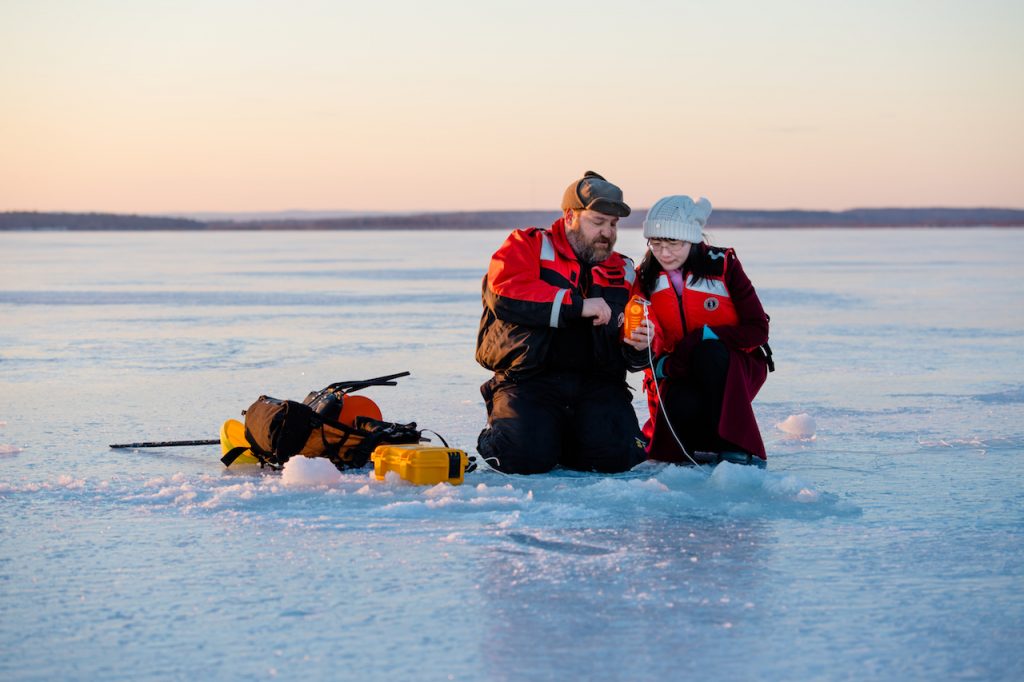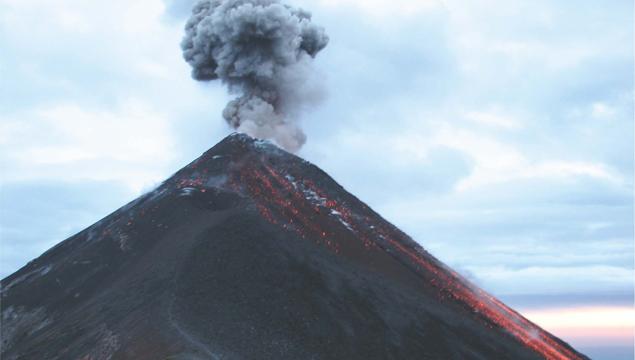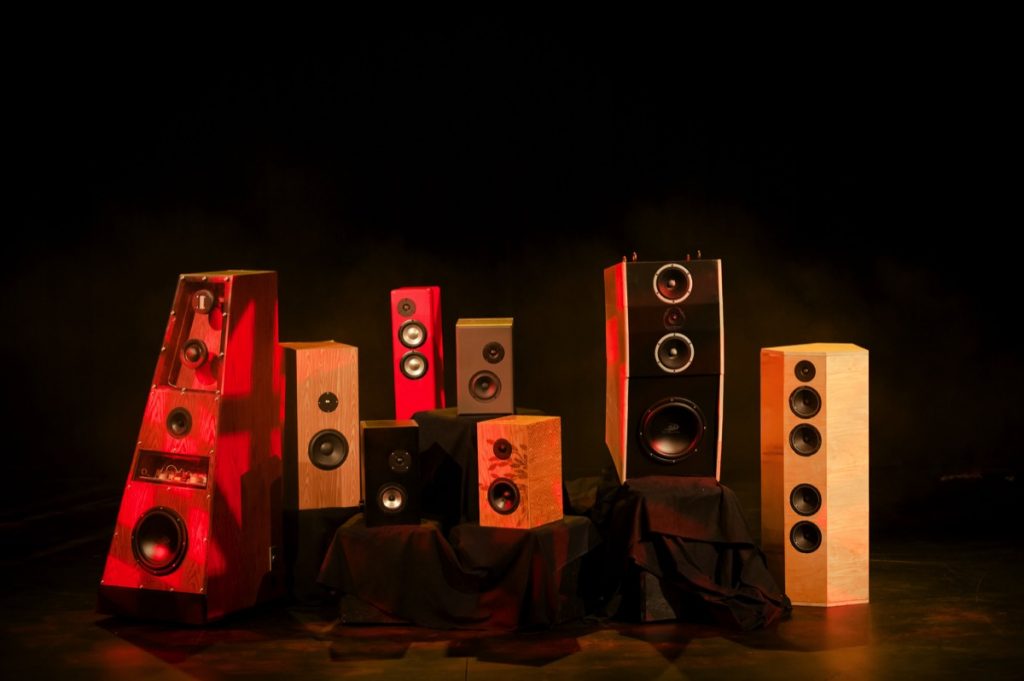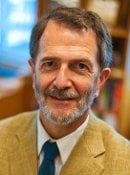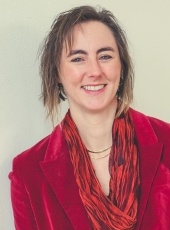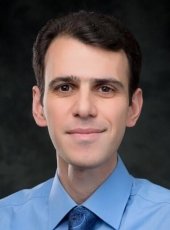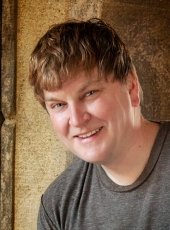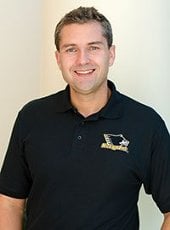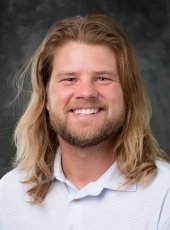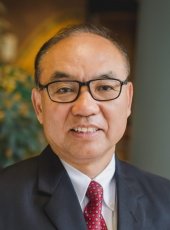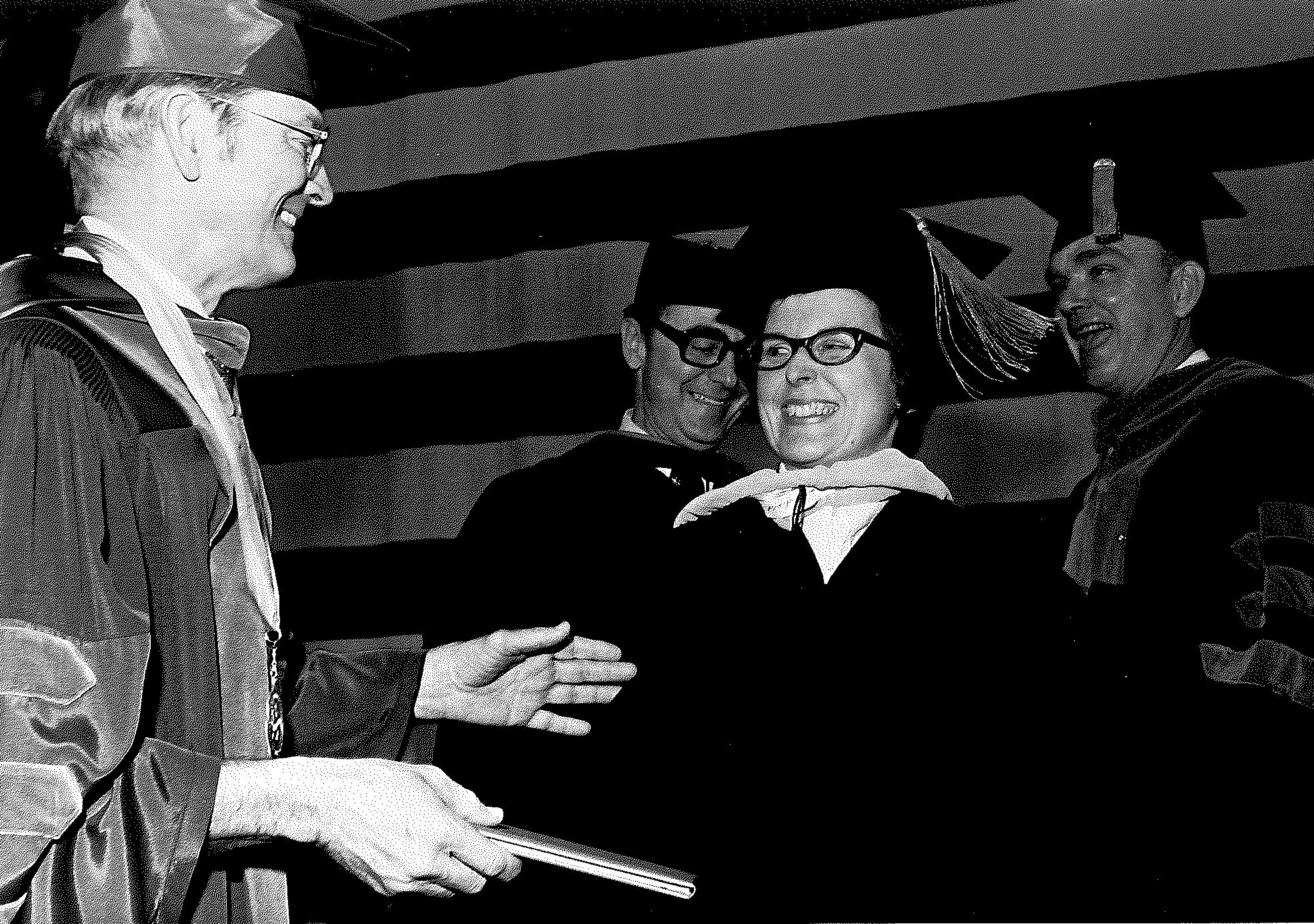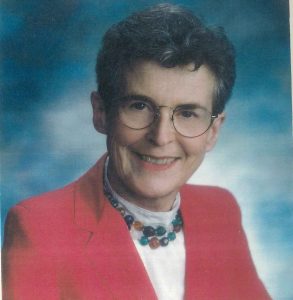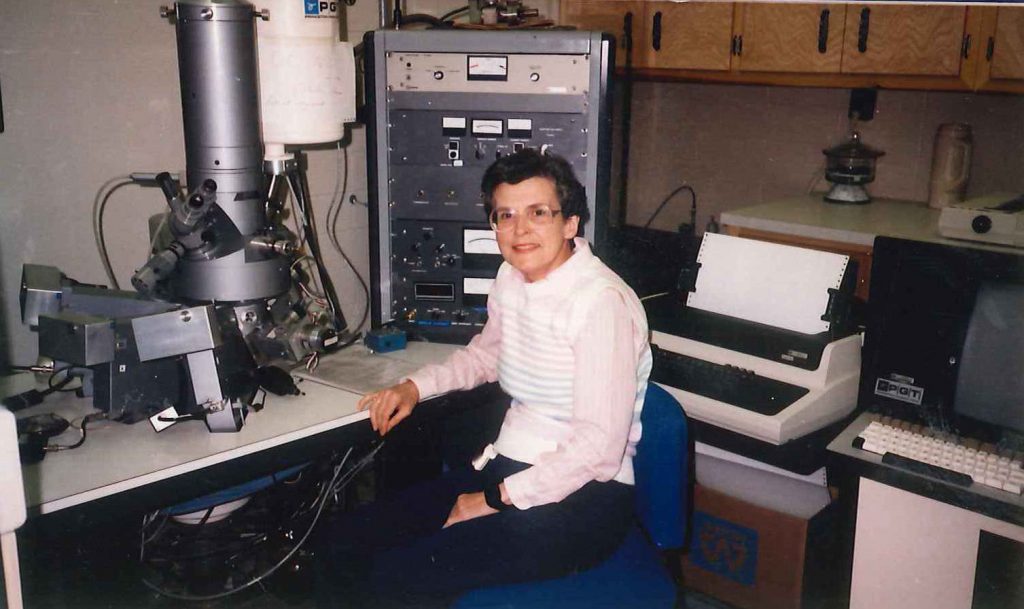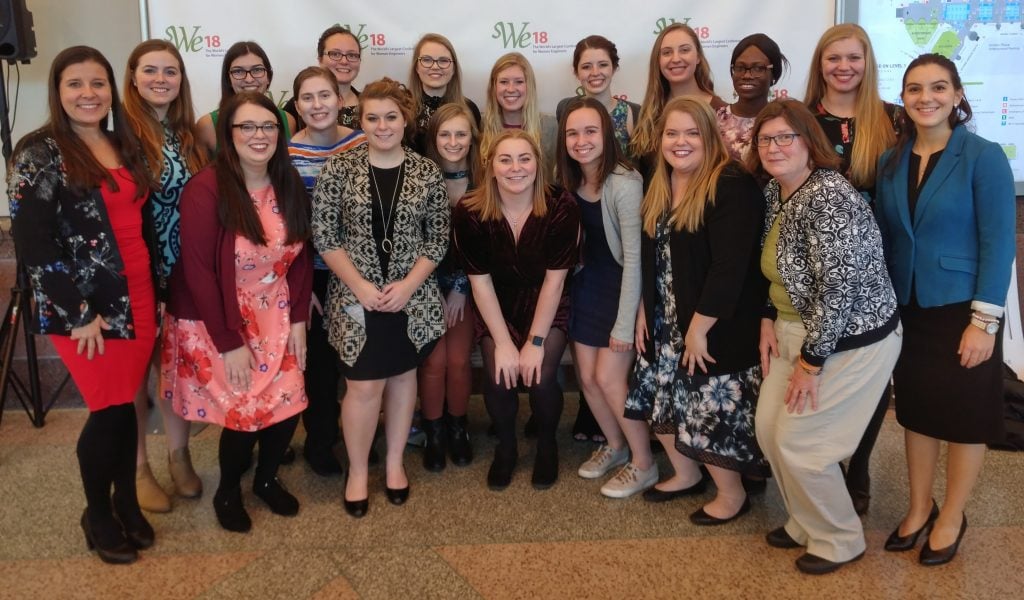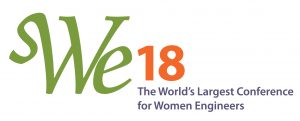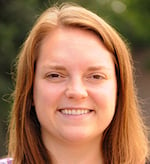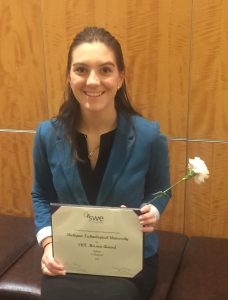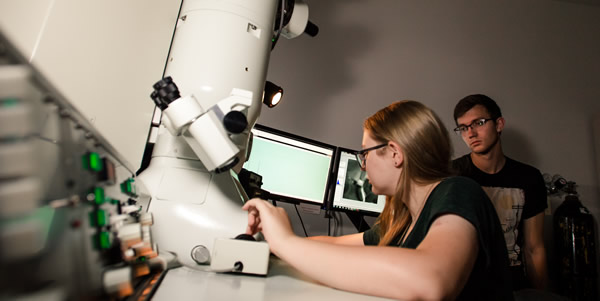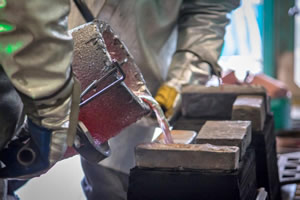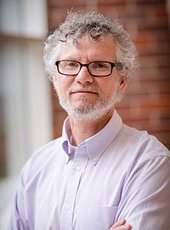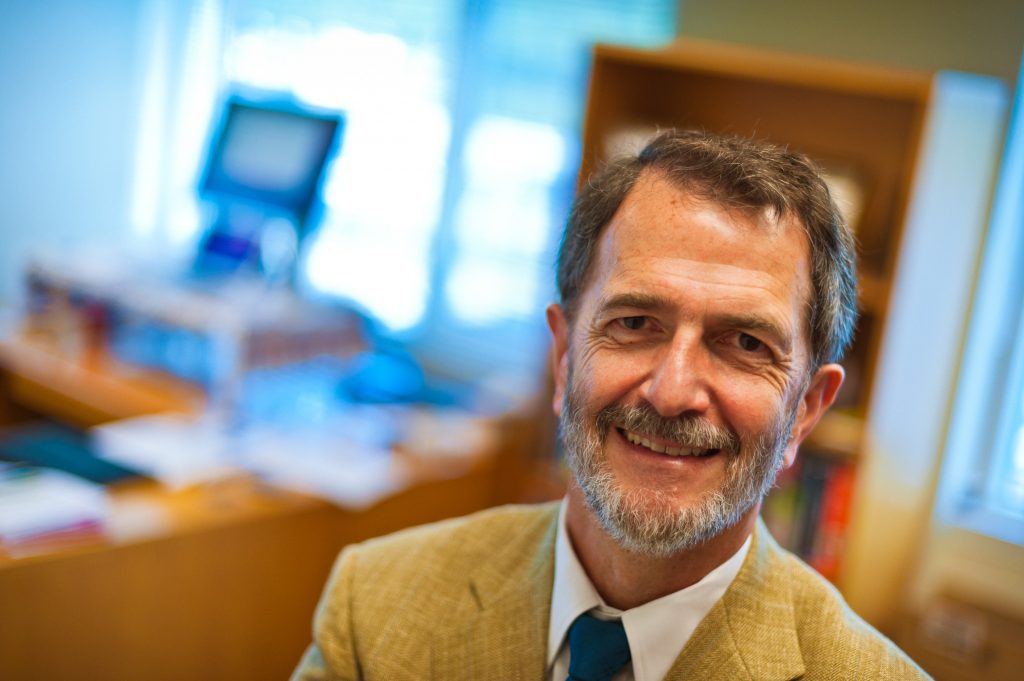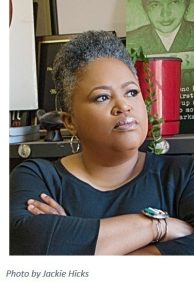
HOUGHTON — Water should be considered a basic human right, said Monica Lewis-Patrick. But in many cases, its commodification has made reliable access out of reach of struggling households.
Lewis-Patrick, the co-founder, president and chief executive officer of We the People of Detroit, delivered the keynote address Monday, March 25, 2019, as part of Michigan Technological University’s celebration of World Water Day.
Addressing the prospective engineers in the room, Lewis-Patrick urged them to move beyond mere equations and schematics.
“What we know, is that if you will serve humanity, and you begin your conversations for solving those problems with talking to the most impacted community first, I think we can get to these solutions much quicker and with fewer casualties,” she said.

